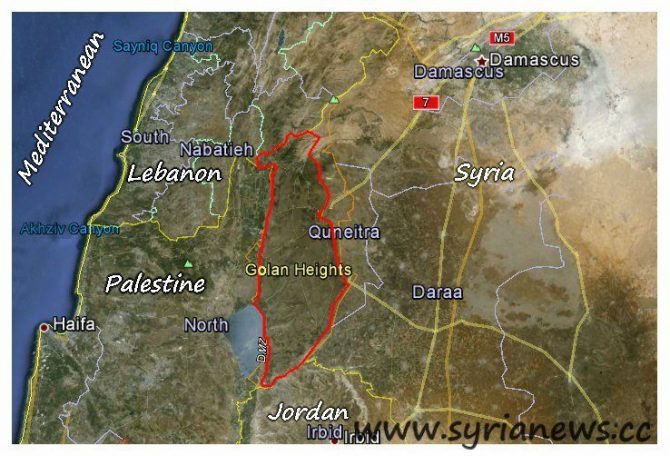France’s Foreign Ministry issued a scathing statement on Wednesday, urging Israel to withdraw its military forces from the demilitarized buffer zone separating the Israeli-occupied Golan Heights from Syria. Calling Israel’s actions a “violation of the 1974 Disengagement Agreement,” Paris condemned the Israeli army’s seizure of Mount Hermon and other Syrian territories under UN supervision. The ministry underscored its support for the United Nations Disengagement Observer Force (UNDOF) tasked with maintaining the ceasefire, warning that such unilateral actions destabilize regional security.
French officials reiterated their stance on respecting Syria’s sovereignty and territorial integrity, criticizing Israel for exploiting Syria’s political vacuum following the collapse of the Bashar al-Assad regime. Foreign Minister Catherine Colonna emphasized that the global community cannot tolerate aggressive maneuvers disguised as “self-defense,” especially when they undermine international agreements and UN mechanisms.
Israeli Expansion Amid Syrian Collapse
Israel’s bold incursion into the Syrian buffer zone occurred within hours of Assad fleeing Damascus. His abrupt fall ended decades of Baathist rule and plunged Syria into a leadership void. Prime Minister Benjamin Netanyahu quickly announced that the UN-monitored ceasefire agreement was obsolete, citing the absence of a functioning Syrian state. Israeli ground forces and airstrikes devastated Syrian military installations, taking advantage of the disarray within Assad’s former command structures.
Read More: Ireland Takes Bold Stand Against Israel at the ICJ
The Israeli Defense Forces (IDF) conducted over 350 airstrikes, obliterating Syrian air defenses, missile stockpiles, and intelligence facilities. Simultaneously, ground forces occupied strategic positions, including the summit of Mount Hermon, offering a commanding view of southern Syria and Damascus. Netanyahu defended these actions, claiming they were necessary to create a “sterile defense zone” free of threats from Islamist factions or Hezbollah.
Global Condemnation and Diplomatic Fallout
Israel’s actions have ignited fierce criticism from the international community. France’s firm stance is echoed by Germany, Russia, and Turkey, all of whom see the incursions as a blatant land grab that undermines Syria’s sovereignty. UN officials also condemned the violation of the 1974 agreement, with peacekeeping forces reporting restricted access in the buffer zone due to Israeli interference.
Arab nations, including Saudi Arabia and Qatar, have accused Israel of exploiting Syria’s internal chaos for expansionist purposes. The Arab League labeled Israel’s moves a flagrant violation of international law, while the United States cautiously urged Israel to ensure its actions remain “temporary.”
Israel’s Justifications and Regional Implications
Despite the backlash, Israeli leadership remains defiant. Defense Minister Israel Katz stated that the operation was essential to prevent advanced weaponry and chemical stockpiles from falling into extremist hands. Domestically, Netanyahu faces growing public support for his aggressive policies, with Israeli media portraying the actions as a preemptive strike to avert a repeat of the Hamas October 2023 attack.
However, the long-term consequences of Israel’s actions remain uncertain. Analysts warn that Israel’s gamble could lead to broader conflict or provoke retaliation from newly emboldened Islamist groups within Syria. France’s pointed critique signals that Israel’s unchecked military maneuvers are increasingly testing the limits of international tolerance.
As regional powers vie for influence in post-Assad Syria, Israel’s occupation of the buffer zone may emerge as a flashpoint, challenging both global diplomacy and the fragile balance of Middle Eastern geopolitics.














